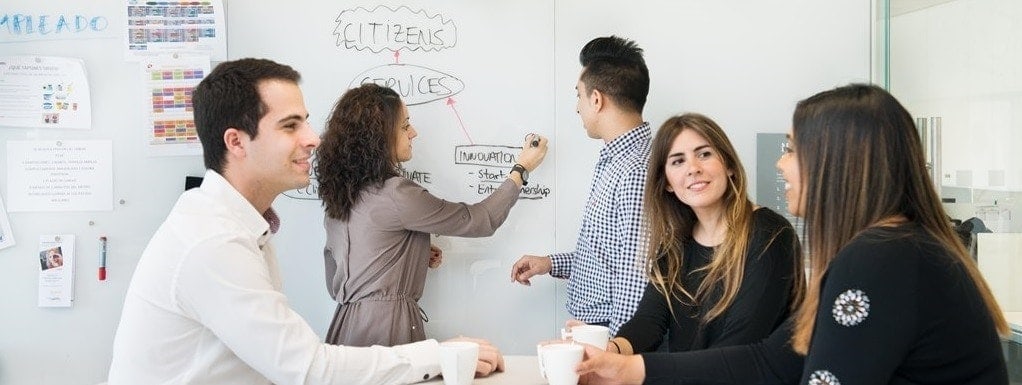
Getting to know Ferrovial Services: a graduate's perspective
Ferrovial Services’ International Graduate Programme is an initiative for promoting talent. Under the slogan “Turn your passion into your career”, it aims to recruit young talent with potential and an international profile in support of the company’s growth strategy. Each edition of the programme runs for two years and covers national and international work placement rotations. Manuel Mosquera Belfort, one of the participants, tells of his experience in the programme.
02 of June of 2016
After finishing a university degree, there are so many professional options available that it is not always easy to decide what path to take. When I heard of the possibility of joining the International Graduate Programme (IGP) run by Ferrovial Services, I was convinced that this was my chance to learn from many highly experienced professionals, to carry out different jobs and projects… and, on top of it all, the opportunity to work for other countries than Spain. The experience of getting to know a large company from the inside and rotating through the different departments and business units is an opportunity not to be missed.
[inlinetweet prefix=”” tweeter=”” suffix=””]One of the most interesting aspects of this programme is a learning methodology based on experience[/inlinetweet]: once you are part of the IGP, your training is based on experiences with a business impact, or, to put it another way, the focus of your daily activities is to have a direct and positive impact on the business. In addition to this methodology, you learn to work to tight deadlines, whilst being fully involved in the detail of all the projects and posts you carry out.
Another unique aspect of this innovative initiative is the mentoring programme. In my case, I have been lucky to have been assigned a mentor with whom I get on perfectly, and who has supported me at all times. We have meetings every week where he gives me advice and his take on what is happening in the company. On several occasions he has also shown me the main contracts within his area of responsibility, which has allowed me to better understand company strategy. But before going into further detail on the strengths of the programme, let me start at the beginning, from the very first day I joined the company.
What is an Induction Week?
It all starts with an Induction Week. And what’s that? A one-week long immersion course in Ferrovial’s Corporate University where you learn about the different and relevant aspects of Ferrovial’s business. A week in which different speakers, professional staff from the company and specialists on different subjects explain everything about Ferrovial, from daily business operations, to the different business lines and the company’s culture, vision and values. But it’s not all about lectures; there is also time to enjoy more relaxing activities to facilitate networking, such as lunches and dinners with fellow participants and with future work colleagues from all of Ferrovial’s business lines: Corporation, Toll roads, Construction and Airports.
The programme spans two years, during which you spend periods of time in different departments and contracts. I’m going to tell you about my experiences in each of the areas in which I have worked: four rotations in Spain and a fifth in the UK.
First placement: planning department, local government
Induction Week over, the moment of truth arrives: the real start of the IGP programme. My first placement in Spain was in the Planning Department for Local Authorities. Here I was able to take part in two amazing projects: one dealing with innovation, another with strategy. Suddenly there I was, working and providing ideas for a disruptive innovation plan; and a department strategic plan. What, just like that? Yes, that’s how it went: quickly but surely.
The first project was linked to and headed by Ferrovial’s Centre of Excellence for Cities, the highlight of which was an unforgettable one-day event on Disruptive Innovation. It was a fantastic experience, linking in with areas where the company seeks to position itself as a pioneer. An event where the aim was to identify new areas where the focus will be the main entities involved: clients, citizens and the company. There were participants from many different areas of experience, roles and jobs, in order to have as wide a view on the issue as possible.
The second project was linked to the search for new opportunities and business within Spain where Ferrovial Services is planning to expand. I was fully involved in the strategic plan, and my role was to identify and analyse new markets and business opportunities, as well as to provide support to new areas in which work is to continue. Everything was made much easier thanks to the support I received from the department team. Especially the challenge of achieving more opportunities in less than 3 months.
I was able to enjoy many more work and professional development opportunities during this rotation: attending the Regional Management Committee for Cataluña, and visiting other relevant contracts.
Second placement: bidding department, infrastructure
Developed a Bid was without a doubt the greatest challenge I faced during my second rotation in the Bidding Department and Centre of Excellence for Infrastructure. Working here, I was able to understand why services such as facility management, street lighting or cleaning services are so important. I was dealing with both financial and technical tenders in areas where the organisation has great experience and wants to continue to play a pioneering role, in addition to providing added value compared to the services of the competition.
One of the most significant changes in this second rotation was the number of people I had to coordinate with. From working with only a handful of people, I moved to interacting with more than 25 people directly and close to 200 indirectly (suppliers, technical staff, managers and directors). Another challenge I faced was the alignment of different department strategies in record time. I had to look for information, become familiar with the various departments involved in the projects and their different needs, meet with managers and managing committees, request quotes from suppliers, and work with countries on different time zones. Throughout this period I learned that the contribution that each individual makes to a tender is unique and crucial, as is coordination and teamwork.
Third placement: urban solid waste treatment, treatment and environmental management
My third rotation taught me a very different way of working in the Treatment and Environmental Management business unit. With the help of the head of the Villarrasa Waste Treatment Plant in Huelva, I came to understand how management based on operational objectives works, and I had the benefit of his unfailing support and knowledge to learn how important it is to have a short and mid-term vision. And I added new concepts to my vocabulary: trommels, optical sorters, digesters, feeders, ballistic separators and conveyor belts.
Day to day work was what counted in this area: at the start of the working day the team would hold a meeting to coordinate and organise the tasks of staff responsible for production, maintenance and machinery, based on the previous day’s production report. The aim was to streamline operations and meet plant demands at all times. During my time here, we searched for possible improvements for a biogas facility and prepared a yearly preventive maintenance plan for the 15+ different machines in operation in the plant.
Fourth placement: Inagra – waste collection and cleansing in Granada, local goverment
And so on to my last rotation within Spain, after having worked in three very different areas. In this case, the task was to get to know a new line of business right from the bottom: waste collection and street cleansing. I arrived at INAGRA, the company responsible for waste collection and street cleaning in the city of Granada. Getting to know the streets and neighbourhoods of the city was essential for learning how the contract worked, so strolling around El Albaicín or getting lost in the Polígono neighbourhood were all part of the job.
One of the essential elements for providing this service throughout the city was the complex staff structure (over 600 employees), comprising managers, office staff, foremen, cleaning staff, lorry drivers and mechanics, amongst others.
The information technology used for controlling the lorry fleet and the night shifts were the two areas of the project that impacted me most. Innovation in the information technology systems used within the fleet allowed the quality of the service to increase, as well as aiding coordination. I was also greatly surprised by the night shifts, both logistically, making sure that the correct containers were collected each day, and on an operational level, to be able to meet the goal of having everything ready after a hard day’s work for a fresh start the following morning.
Final destination!: highways, Winchester, UK
And I’m finally starting on my international rotation! This is the last in the programme, and one that comes with exceptional challenges. We are all in different countries: the UK, Chile or Qatar. In my case, I’m in Winchester, in the UK, which means a new country for me and having to work exclusively in English, 24/7. We are now enjoying adapting to a new way of life, and a new way of working. I hope to soon be able to tell you about my experience in this country.
All in all, I can say that I’m enjoying a truly enriching experience. [inlinetweet prefix=”” tweeter=”” suffix=””]I would encourage every young professional to apply as a participant to future editions of this innovative talent programme[/inlinetweet]. As the slogan says:
Turn your passion into your career!
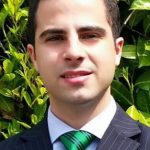
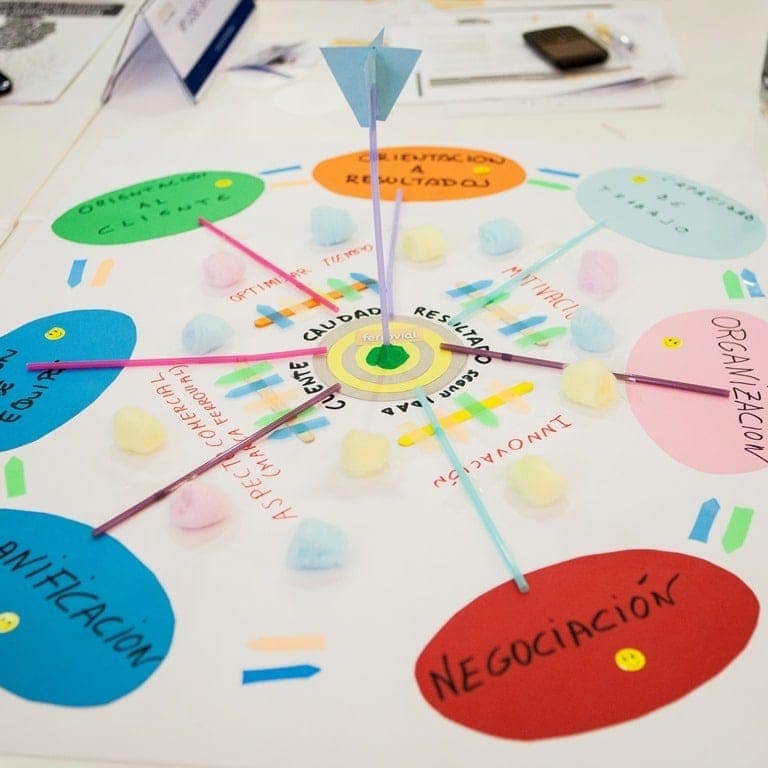
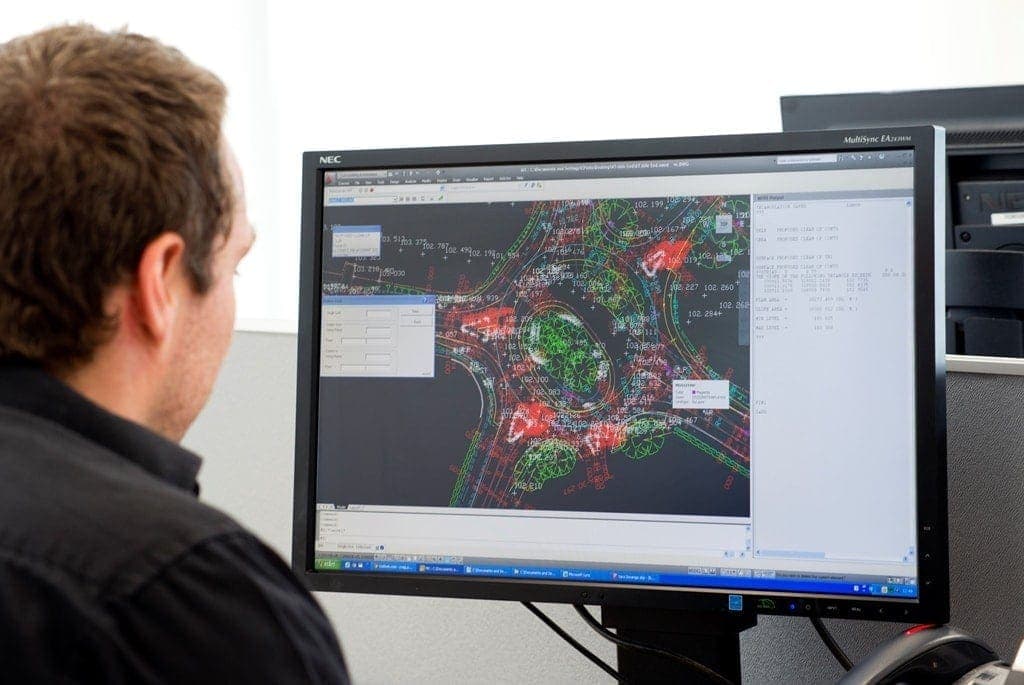
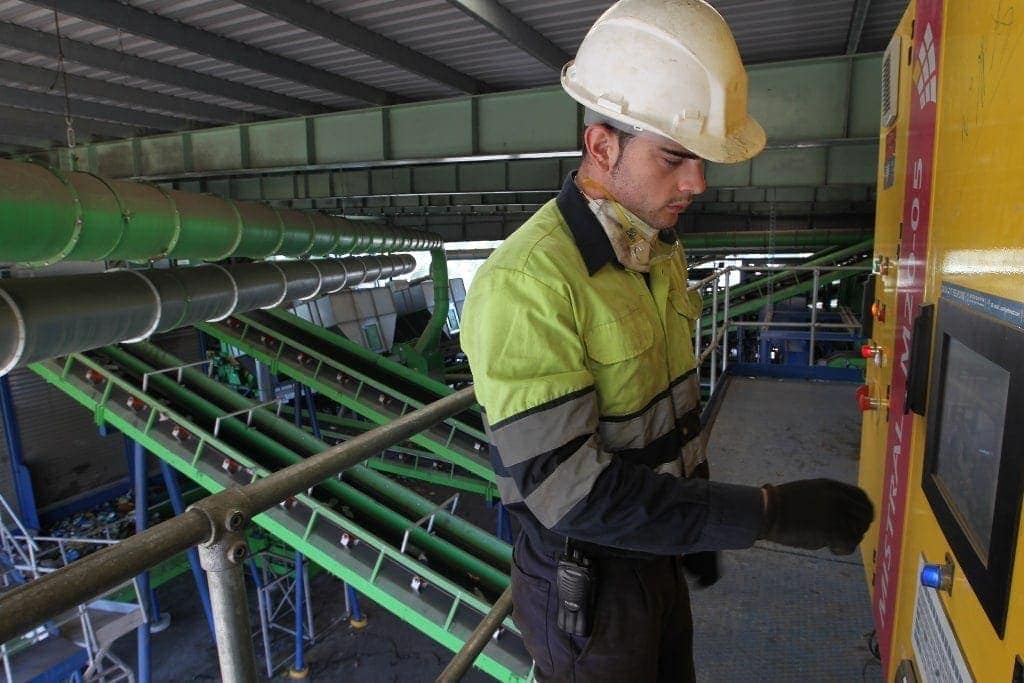
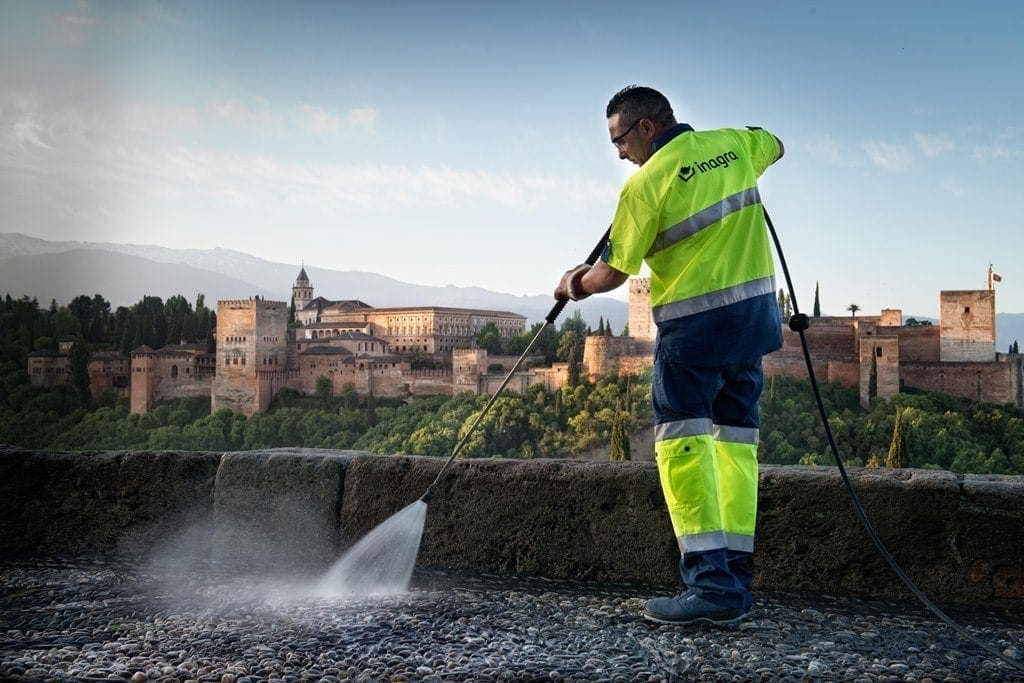





There are no comments yet